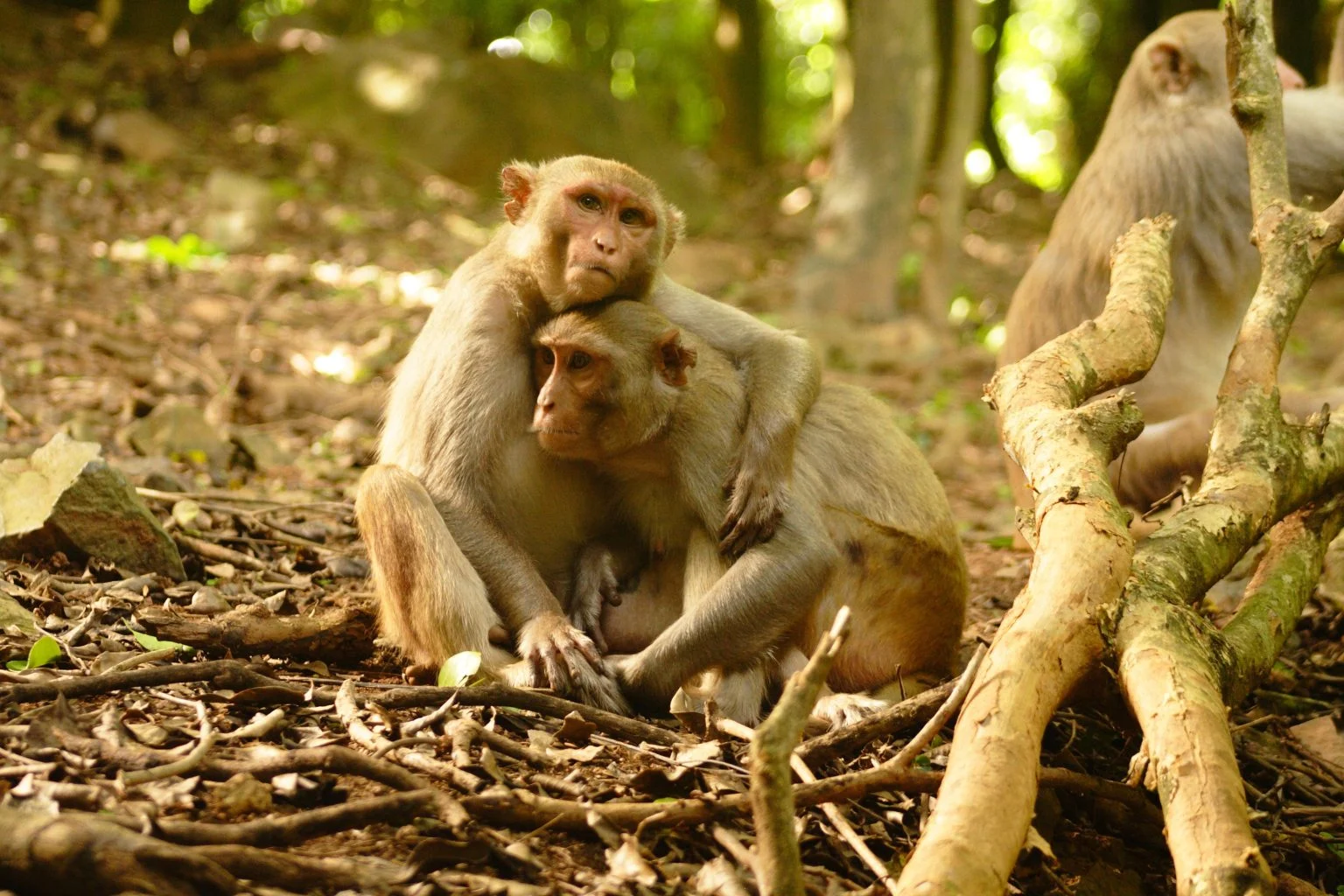Following Hurricane Maria, rhesus macaques in Puerto Rico adapted their social behavior to survive.
Reducing shade led to increased tolerance among macaques, significantly reducing mortality among those living in the common area. This adaptation highlights their resilience in facing environmental challenges.
Impact of Hurricane Maria on monkeys’ social dynamics
A devastating hurricane changed ape society, altering the pros and cons of interacting with others, a new study shows.
Hurricane Maria hit Puerto Rico in 2017 and killed more than 3,000 people. Additionally, 63% of the vegetation on Cayo Santiago (also known as Monkey Island), home to a population of rhesus macaques, was destroyed.
Even now, tree cover remains far below pre-hurricane levels, making shade a scarce and valuable resource for macaques in this hot part of the world.
Evolutionary changes in the behavior of macaques
The new study, conducted by the Universities of Pennsylvania and Exeter and published in the journal Science show that storm damage favors the survival of tolerant macaques by reversing the evolutionary advantages of tolerance to others and shadow sharing.
Since many ecosystems are rapidly changing due to human activities, this study is an example of how a species adapts its social strategy to survive.
From the University of Pennsylvania, Dr. “In response to the severe changes caused by the hurricane, the macaques steadily increased tolerance towards each other and reduced aggression,” said Camille Testard.
“This allowed more macaques to access scarce shade, which is critical for survival.”
Advantages of social tolerance for survival
Dr Testard added: ‘We looked at 10 years of data on the strength and number of social bonds of macaques before and after the hurricane.
“Before the hurricane, the tolerance of others had no effect on the risk of death.
“Then, macaques that showed above-average social tolerance and were therefore better able to share the shade were 42% less likely to die than those who were less tolerant.”
This refers to a sudden change in “selection pressure,” that is, the evolutionary benefits or costs of different traits or behaviors.
Harmony and stability in social behavior
Social behavior was assessed by recording aggression and how often individuals were seen sitting together.
“Macaques are not very good at sharing resources, be it food or shade. It is well known that they live in an aggressive, highly competitive society,” said Professor Lauren Brent of the University of Exeter.
“But in the heat caused by environmental change, mostly around 40°C, macaques had to share space, otherwise they would die.”
Dr Testard added: ‘To access the shadow, they need to tolerate and be tolerant of others, and we have seen this tolerance extend to other day-to-day interactions.
“The macaques that start living in the shade also spend time together in the mornings before the heat of the day pushes them into the shade.
“In fact, the tornado was a game-changer in monkey society.”
Professor Brent added: “For animals living in groups, social relationships can enable them to cope with environmental disturbances, including human-caused climate change.
“We were surprised that the social behavior of macaques is flexible enough to make them resilient to environmental changes, although some species may not show the same flexibility.”













